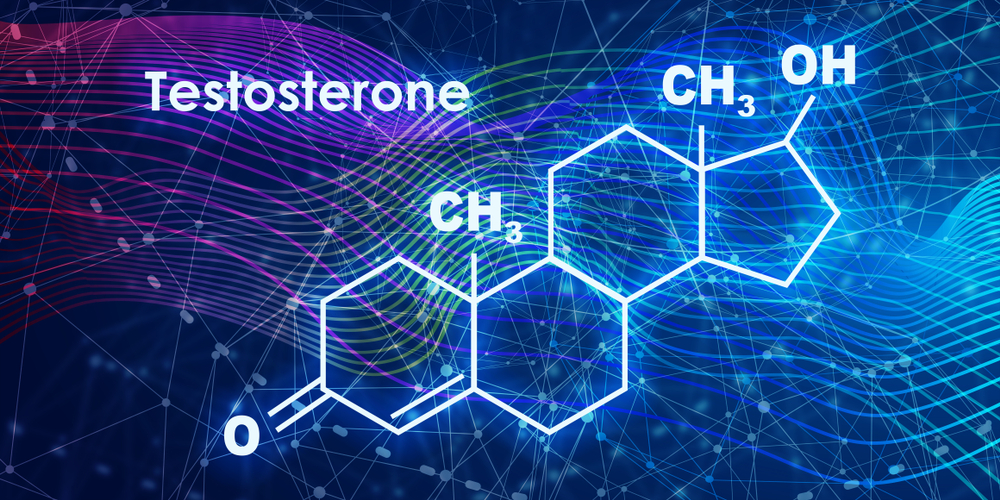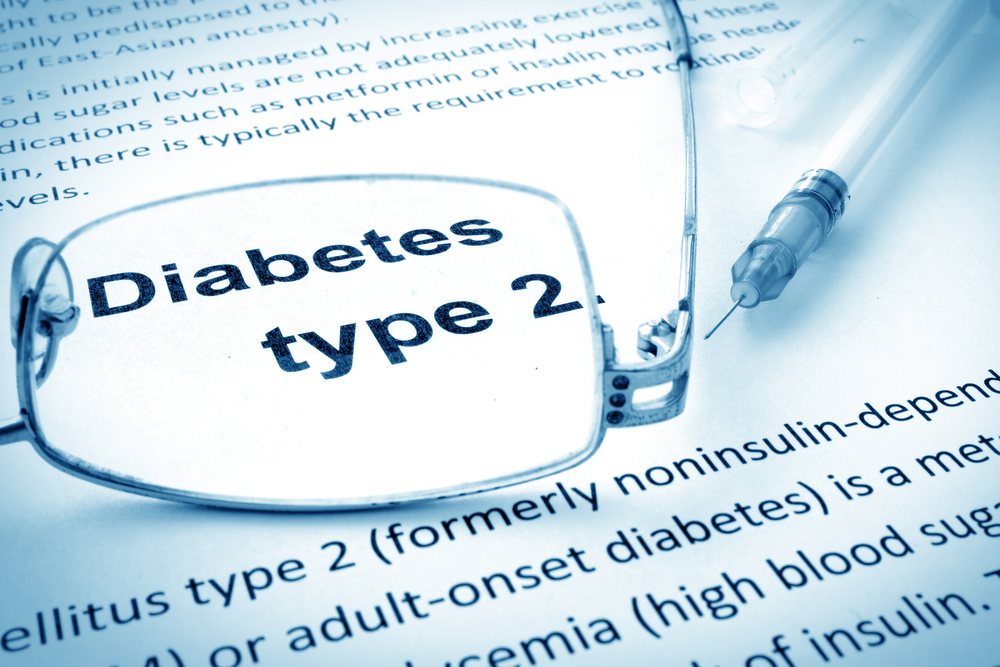
Low Cortisol and Long COVID
June 3rd, 2025Do you live a highly stressed lifestyle and have symptoms of low energy, headaches and sleep issues? If so, your cortisol levels may need to be checked. Have you felt those symptoms since having COVID? Research has revealed that long COVID symptoms may stem from low cortisol.
Cortisol – the stress hormone.
Cortisol is a glucocorticoid, a steroid hormone, commonly referred to as the ‘stress hormone’. The hormone affects nearly every organ and cell in the body, and levels fluctuate and change as we age.
Cortisol regulates key bodily functions.
Cortisol regulates key bodily functions, such as anti-inflammatory mechanisms, immune function, blood pressure and sleep cycles. It also regulates how your body uses glucose and metabolism and triggers the pancreas to decrease insulin and increase glucagon.
Cortisol gives you a boost in the morning and allows you to have a restful sleep.
In the morning, cortisol gives us a boost to start the day and around midnight, the level drops to its lowest to allow for a restful sleep. In the morning, a normal range is 10-20 micrograms per deciliter (mcg/dL), and in the evening it drops to 3-10 mcg/dL. The hormone is part of the body’s circadian rhythm. The circadian rhythm is the body’s internal clock that regulates the sleep-wake cycle.
The fight or flight reaction.
Cortisol is also responsible for the ‘fight or flight’ reaction. It is a natural physiological reaction to perceived threats or dangerous situations. It activates the nervous system, preparing the body to confront a threat (fight) or run away (flight).
Low cortisol levels need investigating.
High and low levels of cortisol can be problematic. Weeks of low levels can have a negative effect on wellness and energy levels. As a stress hormone, you would think having low cortisol levels would be a good thing, but you need the proper quantities essential for the body to function.
Very low cortisol levels are considered more dangerous than high, leading to disease, shock or death. Cortisol can be affected during puberty, pregnancy, post-partum, perimenopause and postmenopause. Low cortisol needs to be investigated by a medical professional.
The two types of low cortisol levels.
Low cortisol levels can cause ‘hypocortisolism’, an adrenal insufficiency and adrenal fatigue. There are two types of hypocortisolism, primary and secondary. Primary is when the immune system attacks the adrenal glands, also known as Addison’s disease, where there is an infection or blood in the tissue of the adrenal glands.
Secondary adrenal insufficiency occurs if you have an underactive pituitary gland, causing hypopituitarism or a pituitary tumour. Symptoms are fatigue, dizziness, muscle weakness, changes in skin colour, weight loss and physiological effects.
A decrease in cortisol combined with high levels of stress can cause pain in the lower back, legs and abdomen, with low blood pressure or altered consciousness. Sometimes diarrhoea and vomiting can lead to dehydration.
Long COVID symptoms and low cortisol.
A study published in ‘Brain Behaviour and Immunity’ reveals what might be the underlying cause of the neurological symptoms of long COVID. Proteins left behind by COVID long after the initial infection can cause cortisol levels in the brain to plummet and inflame the nervous system. It primes the immune cells to hyper-react when another stressor arises.
Matthew Frank, PhD, lead author of the study, wrote that cortisol is a crucial anti-inflammatory which assists in the conversion of fuel to energy. It is also important for regulating blood pressure and the sleep-wake cycle, and keeping the immune response to infection in check.
He said, “We show for the first time that exposure to antigens left behind by this virus can change the immune response in the brain so that it overreacts to subsequent stressors or infection.”
Read the full study here.
Eating to stabilise cortisol levels.
Cortisol starts to go up from 6 am and peaks at 8 am, it naturally declines throughout the day but spikes at meal times. Women’s Health Network recommend the following meal times for people who have low cortisol.
- Breakfast 8 am
- Snack 9 am
- Lunch 11am-noon
- Snack 2-3 pm
- Dinner 5-6 pm
- Snack 1 hour before bed
Recommended food types to include in your diet are:
- Fish oil – Omega 3
- Tryptophan
An amino acid that helps to combat depression and reduce stress, especially in the elderly. Found in foods such as soybeans, seaweed, chia seeds, cheese or egg whites
- Foods rich in Vitamin B help support the function of the adrenal gland. Foods such as beans, bananas, oats, potatoes, and avocados boost energy and help the body combat stress
- Foods rich in Vitamin C help boost the immune system, promote skin health and fight the signs of ageing, stimulate the production of cortisol. Foods such as oranges, lemons, grapefruits, peaches, mangoes or tomatoes
- Vitamin E is involved in metabolising substances and fighting the signs of ageing by reducing cell damage caused by oxidative stress. Found in vegetable oils, especially sunflower oil and also in olive and canola oil
Foods to be avoided are:
- Wheat, rye, gluten-containing grains
- Caffeinated coffee
- Fizzy drinks that are high in sugar
- Foods high in sugar
- Processed foods with preservatives, nitrates and colourings
Lifestyle changes.
Get enough sleep – the day-night rhythm influences cortisol production in the body. Cortisol levels are proportional to sleep. Good sleep is vital.
Implement stress-relieving strategies – try to minimise stressors in your life. Make lifestyle changes and create a stress management plan.
Stay hydrated – you should aim to drink 2 litres of water a day. Dehydration causes fatigue and reduces blood circulation.
Exercise regularly – engage in physical activities such as walking, swimming, jogging or cycling and relaxing exercises such as yoga, pilates or tai chi.
Visit your doctor if you have any concerns or manage other underlying health conditions.
We recommend our product, HydrocortPro (Hydrocortisone), for an energy boost and improved metabolism. HydrocortPro contains cortisol essential for regulating the immune system, blood sugar level, blood pressure and various heart processes. Insert link: https://www.antiaging-systems.com/products/hydrocortisone-hydrocort-pro/
Levels depend on lifestyle choices and the time of day.
References
https://www.womenshealthnetwork.com/adrenal-fatigue-and-stress/the-adrenal-fatigue-diet/
https://www.womenshealthmag.com/uk/health/female-health/a64508468/cortisol-changes-age/








